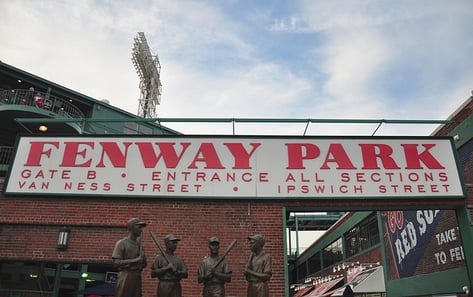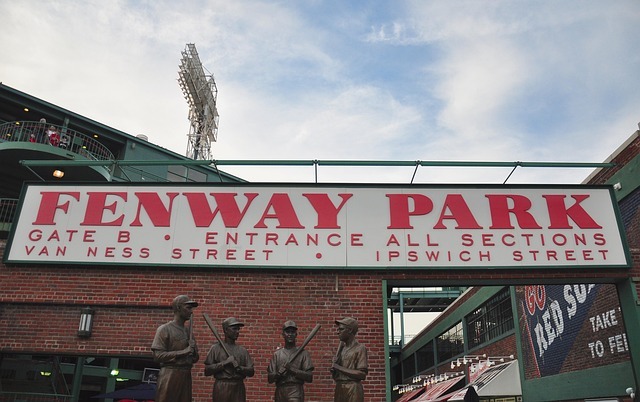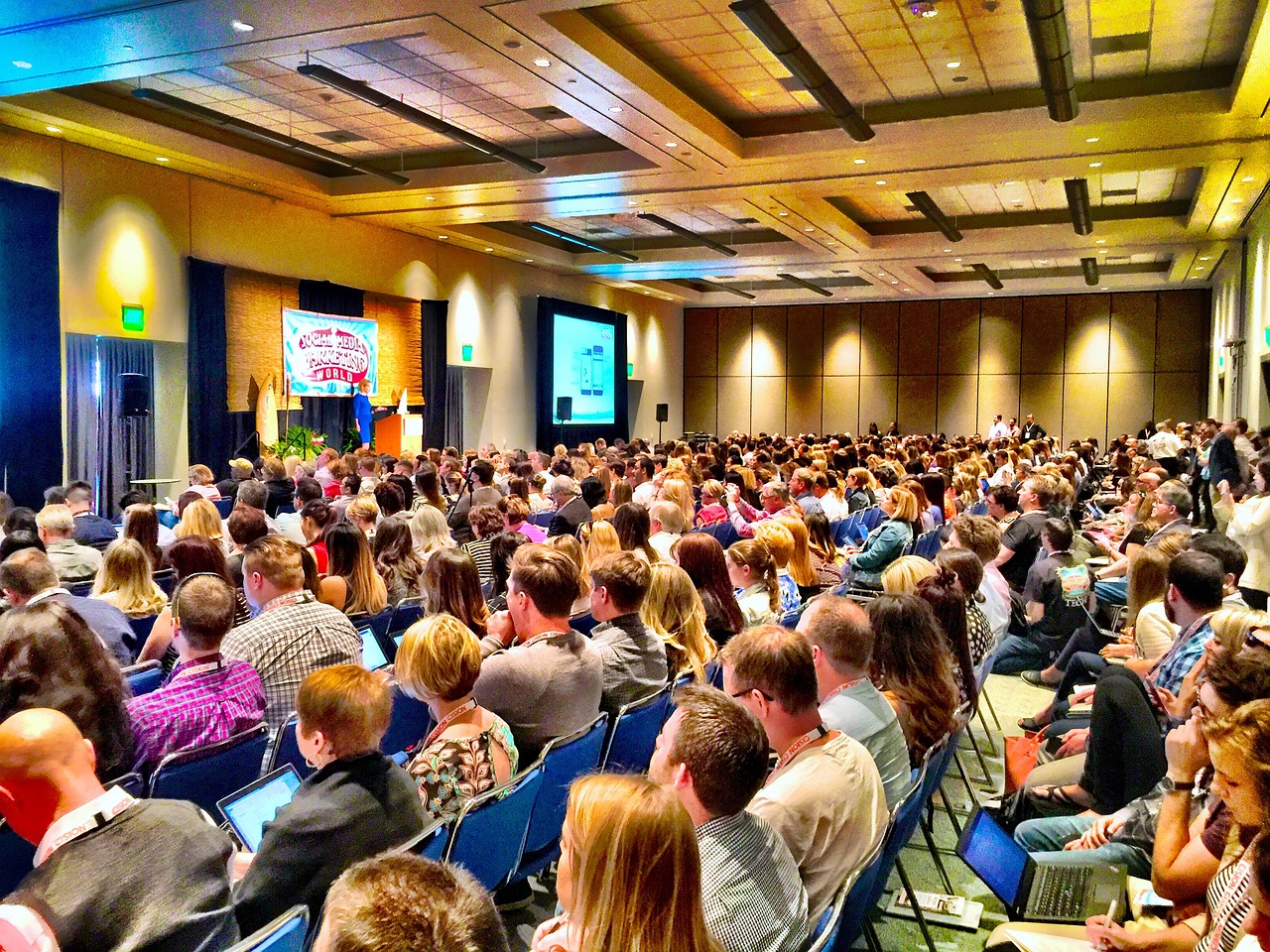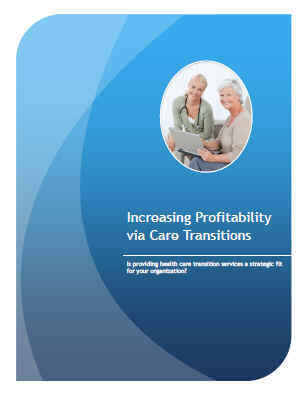If this compels you to want to read the book (or our blog articles about the book) you can start here.

My wife really enjoys an NPR radio program called "The Moth Radio Hour" where people tell stories from their lives. She's able to download the show via podcasts and tries to save them up for when we go on car rides. At some point, I told her that I had a story for "The Moth" and she asked to hear it. Since then she's asked me to tell it a few more times. I haven't thought about it for a while but it came to mind when I was writing another blog article. Here goes...
I started business school in March 2003 at Babson College and my first class was about finance and accounting with professor Virginia (Ginny) Soybel. The first thing she shared was that the Boston Red Sox pitchers and catchers has reported to spring training that day.
My dad was a huge baseball fan and watched it a lot on TV. He grew up as a fan of the Brooklyn Dodgers and lamented their parting from New York to LA. But then he became a Yankees fan. I played little league baseball as a kid but hadn't become a fan of the game at that point.
Sadly that same year my dad was diagnosed with pancreatic cancer. Two things that you need to know about my dad are that 1) he was a math guy - everything to him was black-and-white and intended to be mathematically proven, and 2) he worked in the life insurance industry. As a result of these two facts, when he called me to tell me about the cancer he was very factual and unemotional and he told me that he very likely didn't have a long time to live. I unfortunately wasn't as ready to accept his self-diagnosis and found myself in denial.
A few months later, my dad started his decline but I still didn't comprehend how quickly things were moving. In mid-October I had a business trip to Tampa Florida and forgot my cell phone. It's important to note to younger readers that cell phones back then were just phones and that being without your phone was not the crisis that it would be today. Anyway, my business meeting ended relatively early and despite having a family trip to Disney World planned for around 10 days later I decided to take the roughly two hour drive to see my parents in the middle of the state.
When I got there, unannounced, my mom was there but dad wasn't... He was in the hospital. Knowing that I'd want to see him and would have a 2 hour ride back to Tampa, she encouraged me to go visit with him...
Back to business school and the Red Sox... My earlier degrees were in engineering and computer science. I was more on the tech track in my career and one of the things I had observed about "business people" was that they were good communicators and could kick-off conversations easily and they all seemed to know what was going on in sports.
Fueled by Professor Soybel's baseball updates, I was paying attention to the game and The Red Sox hadn't won the world championship for 85 years and they'd had a pretty good season, winning 95 games and progressing to the playoffs. Their weakness was relief pitching. They progressed to the American League Championship Series (ALCS) and were pitted against the Yankees in a best of 7 series that went all the way to game 7. If the Sox could win this game they would go to the World Series. I was hooked.
The pitchers in this game were both legends. The Yankees had Roger Clemens and the Red Sox had Pedro Martinez. Pedro was an incredible pitcher but in 2003 it was fairly well known that once he had thrown 100 pitches his effectiveness fell off dramatically. As if written for a Hollywood sports drama, the Red Sox had the lead 5-2 after 7 innings but Pedro had hit the 100 pitch mark.
Given the choice between a bad core of relief pitchers and sticking with Pedro, the manager made the call to keep the ace on the mound. He got one out but then Derek Jeter hit a double and the next batter singled and Jeter scored. Undaunted (and now with 115 pitches) he stuck with Pedro and the wheels fell off. The Yankees won the game 6-5 and progressed to the series.
I got to my dad and the majority of our talk was about baseball. Back in my little league games the same kids pitched all the time and it hadn't occurred to me that this wasn't the case in the pros. My dad educated me (with math of course). I remember him saying "they're throwing the ball 100 miles an hour, Ken. How many times can a human being do that." It was a great talk and a great time with my dad. We could have talked all night, but the World Series came on TV (Yankees at Marlins - Game 3) and my dad needed to focus on the game. I headed back to Tampa.
As it turned out, I was lucky to have gone and spent that time with my dad because he didn't make it until the next week when we returned to Florida.
Between Professor Soybel's inspiration, the Red Sox remarkable season (and unfortunate dramatic ending) and my talk with my dad, a new Red Sox fan was born. The next year, 2004, the Red Sox did win the World Series for the first time in 86 years. I think that was a gift from my dad...
If you haven't already, please join our Ankota Book Club conversation by clicking the button below or sharing your thoughts in the comments below!

.png)
.png)




.png)
.png)


